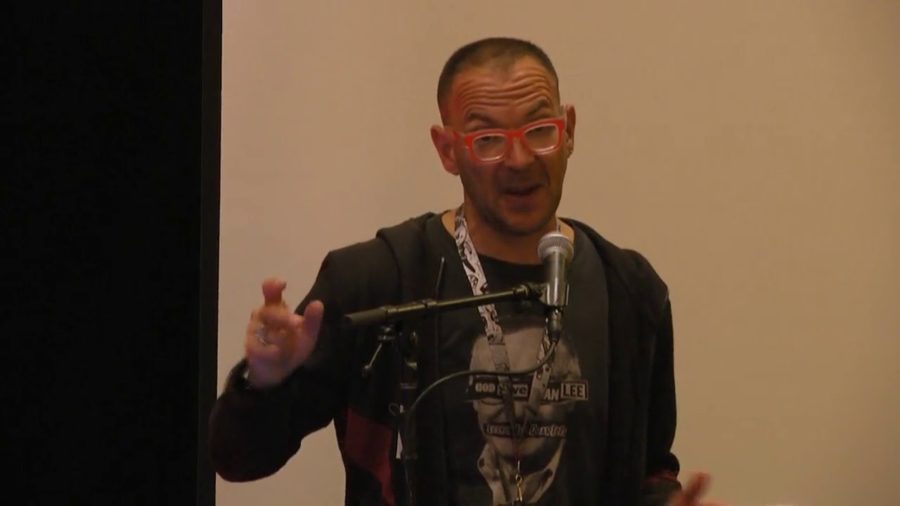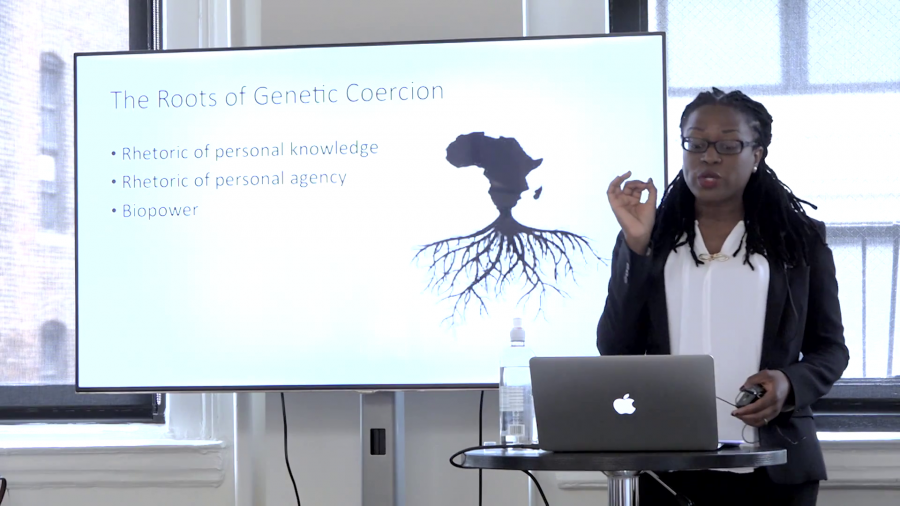In the next ten years we will see data-driven technologies reconfigure systems in many different sectors, from autonomous vehicles to personalized learning, predictive policing, to precision medicine. While the advances that we will see will create phenomenal new opportunities, they will also create new challenges—and new worries—and it behooves us to start grappling with these issues now so that we can build healthy sociotechnical systems.
Archive

All they have to do is write to journalists and ask questions. And what they do is they ask a journalist a question and be like, “What’s going on with this thing?” And journalists, under pressure to find stories to report, go looking around. They immediately search something in Google. And that becomes the tool of exploitation.

You may have heard people come up to you and say like, “Hey, you’re young. That makes you a digital native.” Something about being born after the millennium or born after 1995 or whatever, that makes you sort of mystically tuned in to what the Internet is for, and anything that you do on the Internet must be what the Internet is actually for. And I’m here to tell you that you’re not a digital native. That you’re just someone who uses computers, and you’re no better and no worse than the rest of us at using computers.

One of the challenges of building new technologies is that we often want them to solve things that have been very socially difficult to solve. Things that we don’t have answers to, problems that we don’t know how we would best go about it in a socially responsible way.
I became tired of knocking on the same doors and either seeing the same people or different people. But I really just felt like I was in this cycle of faux liberation, where I would feel a victory, and the victory was probably formed around the RFP for the grant that we needed to get in order to do our work.



